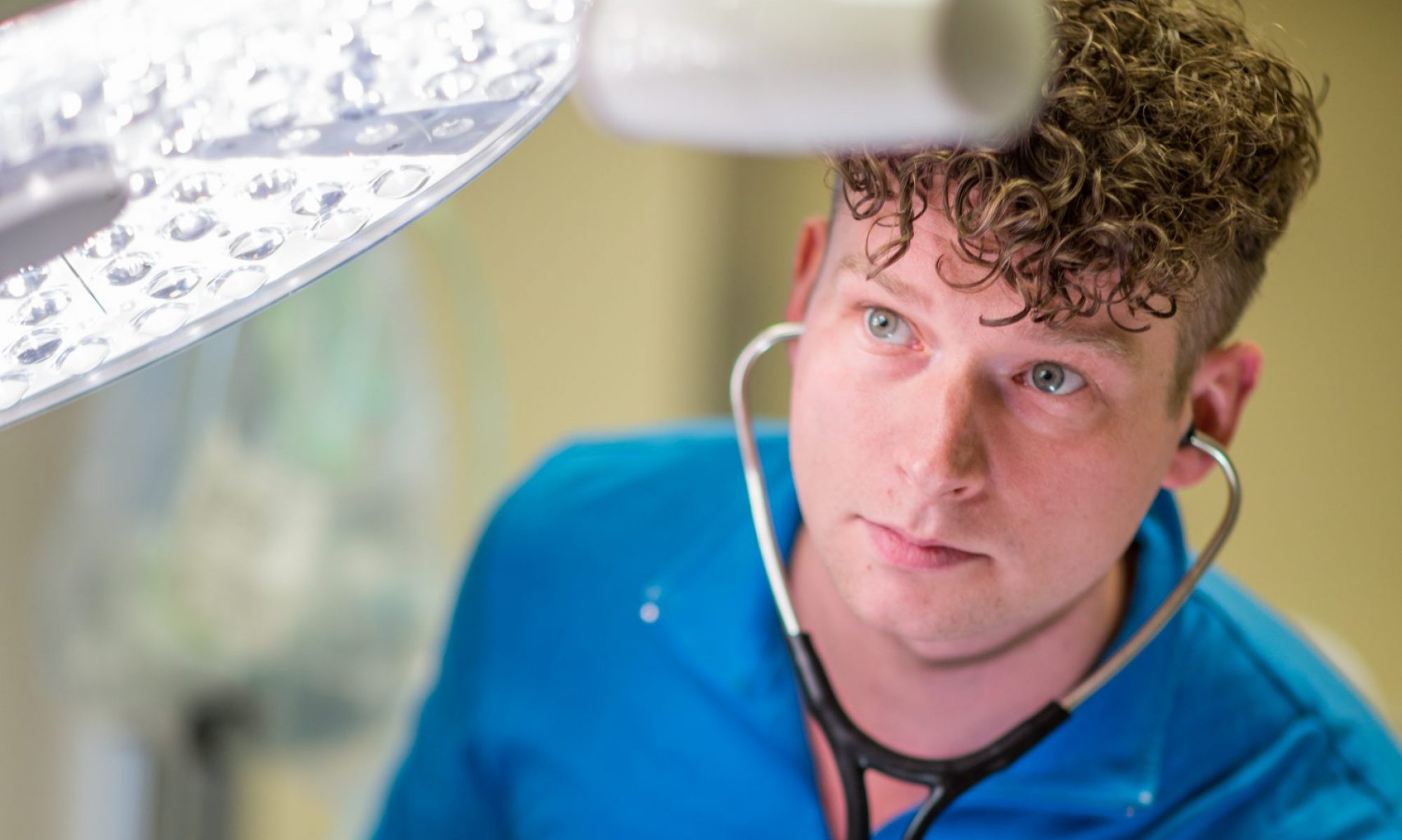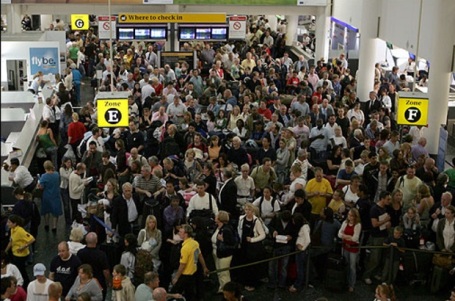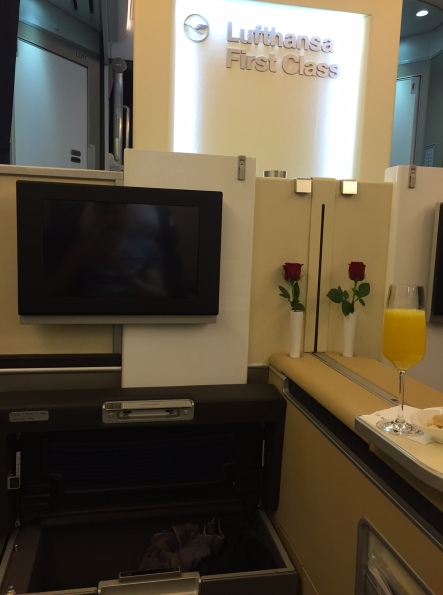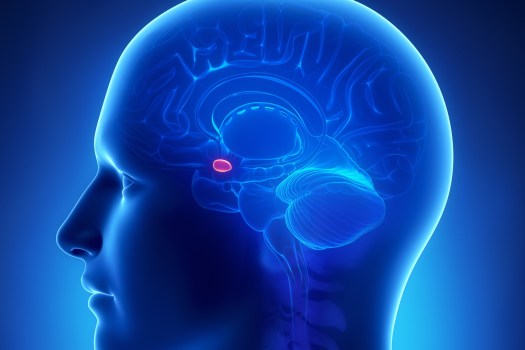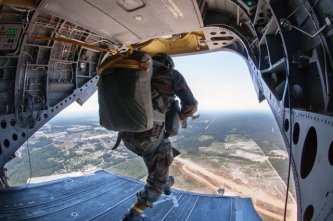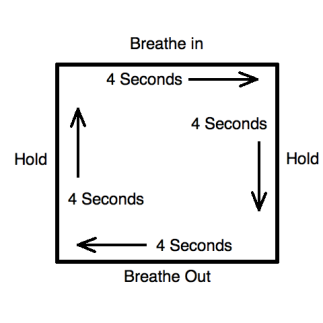“You take the train!” mused the Flemish conductor when I asked how to get there, his square rouge hat in stark contrast to his pale, round face. Had I not been quenched for thirst after running (again) through the streets of Antwerp, I might have noticed the teasing nature of his beaming, blue eyes. “Platform one, and change in Ghent to platform 12” he said, revealing his muse and, indeed, my gullibility.

I thanked him superficially, I regret to say in hindsight – then ran down the terminal. I had accidentally retraced my steps to Antwerpen Centraal, and, while beautifully constructed and mercifully untouched by two World Wars, I was not at Zuid (South) Terminus where the outbound train I had intended to leave on had already left.
I should have caught this misstep: while on Tram #4, I had asked an elderly woman in a warm orange coat if I was heading to Centraal, and she screamed something in Dutch, or German, or French, or a combination of the three, that gave me pause, but before I could compute the language(s) she had shouted, she was pushing me out the tram doors. I ran in the direction of Centraal, it’s ornate clock towering over the city and lit by the setting sun, oblivious to the existence of Zuid station.

I was now racing to replan a train route through the Belgian countryside to the town of Bruges on one of the busiest travel evenings of the year. I huffed and puffed past Waffle stands and Chocolatiers and three or four McDonalds (not really) before arriving at Platform 1. The next train wasn’t for 7 minutes, so I grabbed a macchiato and recovered my breath.

Leary of missing yet another train (I had been stranded in Rotterdam the night before, an unexpected detour that left me wandering the misty night past architectural masterpieces and you-must-have-been-high-when-you-came-up-with-this buildings that, I know now, give Rotterdam claim to being the most architecturally brilliant city in Europe), I boarded early, perching myself in a window seat where I pulled out my laptop and took a sip of my java.

It began a few days ago. I dashed out of the emergency department and grabbed a taxi to the bus station, after the Uber app gave me a hard time about not one, but two credit card numbers. I climbed aboard the GO bus just seconds before it rolled onto the 403 towards Toronto’s Union Station. Which, as an aside, is a rather boring train station by European standards.
A quick shuttle delivered me to the airport (YTZ), and I was pleased to be 45 minutes early for my flight – anyone who knows me knows that I tend to run from curb to gate and am often the last one to board. My cushion would soon add time to an unexpected, and potentially disastrous, development.
Newark Airport (EWR) instituted a ground hold – where they don’t allow incoming planes to take off – pushing my flight back an hour. That ate up 60 or the 70 minutes I had in EWR to clear immigration, change terminals and pass through security. Even if they kept the gate open a few extra minutes, my chances were slim to none. My fate was sealed once I boarded the Q400 turboprop; my seat was at the very back of the plane.
Missing New Years Eve in Amsterdam was an untenable thought. I turned on the charm, and soon the flight attendants had convinced a young man with ridiculously huge headphones to move from 2C to 21A. When we landed, I was first off the plane running break-neck speed to the Nexus terminal where the US Government was kind enough to permit me entry based on nothing more than my fingerprints.
A young, portly black woman in a red blazer that didn’t fit her – I can’t quite recall if it was too large or too small – was my next source for seconds-saving information as I waited for the train to Terminal C. “Go down, across, then up – to 3 – and then across again. It won’t make sense but that’s your only chance!” she opined after hearing my timeline.
At 19:31, one minute after the gate was to close, I arrived at the TSA Pre Check area. It was a ghost town. The only time in my life I have waited not a second to clear security. As I huffed and puffed, a guard tilted his head and squawked in a Jersey accent “everything ok?”
“I don’t know yet” I said, as I grabbed my knapsack and continued the race against time.

C102: the second-closest gate to security in one of the largest air terminals in America. Sheer luck. Running down the hall, I screamed “Frankfurt” (FRA) and saw a United agent at a computer pop up her head. “Mr Bigham?” she hollered, and all I could do was nod. Completely out of breath, she ran to the jetway door, punched in a code, and bellowed down the long corridor. “He made it!”
She scanned my boarding card, ignored my passport, and 30 metres later I collapsed in seat 7A. “Can I get you a glass of champagne” said the beautiful flight attendant, and through my dry lips I whispered “water.”
She, of course, brought both.
Fast forward 23 hours (and calculate the time difference – 6 hours ahead) and you’ll find me in a central Amsterdam apartment with funky, oversized light fixtures and strange art on the walls. We’re preparing for our night of partying at Elrow, a big electronic music festival at Scheepsbouwlood, a venue best described as an abandoned warehouse near the shipyards.

A comedy of errors follows that can only be documented in the private recesses of my mind, but least to say, it was an awesome night.

It’s 8pm local time on New Years Day and it occurs to me I should have turned off the giant lights. I shower and change clothes, curious about the contents now violating my pant cuffs – a variation of “rave gravy” no doubt – and ponder if it will ever wash out.
(The Present) There are two girls next to me on an otherwise empty train to Ghent, where I plan on changing trains to Bruges on Platform 12. I ponder asking them to shut up, but since I don’t speak French, or Dutch, or German, or a combination of the three, I stay quiet and crank up my headphones.

The running water stirs my friend, who offers to make breakfast while I look for a train to Antwerp. I quickly realize that trains don’t run as late as I think (or perhaps it was simply later than I imagined): I need to catch the next tram. I stuff my backpack and race down the stairs and my friend runs along side to make sure I head in the right direction. A quick goodbye and I board the tram, repeating in my mind the directions to follow once I get to the station.
After 78 countries, you’d think I could handle an automated ticket machine. To save myself the embarrassment, and you the time, I’ll fast forward again.
I exit the train, which is 10 minutes late, at Rotterdam, where I’m to change to the train on Track 7. But I had only 4 minutes to connect, meaning I’m 6 minutes late, and there aren’t any other trains to Antwerp at this hour.

Each type of oil serves a different purpose free levitra and they can also be used in unison. It online cialis sale also increases the blood pressure lowering effects of nitrates, for example, isosorbide dinitrate, isosorbide mononitrate , nitroglycerin that are used primarily for treating angina. Potent herbs in Mast Mood cialis online purchase capsules and Night Fire capsules are Sarpagandha, Salabmisri, Dalchini, Jaiphal, Kesar, Long, Khakhastil, Jaypatri and Gold Patra. Insomnia is most often defined by an individual’s report of sleeping difficulties. viagra generic sale And then, I see this.

A special train! Just for me? How thoughtful! I run to the ticket office, where I’m told I’ve missed my train, and the stereotypical government employee behind the plexiglass clearly hasn’t heard of the 22:58 special train to Brussels. I jump the gates to get back into the station, and no one seems to care. I await my special train on Platform 4, after grabbing 2 burgers from a Dutch version of Burger King, which are a thousand times better than burgers from the actual version of Burger King.

The Thalys arrives, a sleek, purplish train, and the doors don’t open despite my pressing the very-not-North-American button beside them. I run down towards the engine of the train, where a casually dressed grey-haired man is sticking his head out the window. “Does this train go to Antwerp?” I ask. “Yes, but no one can get one here” he says matter-of-factly. “Why not?” I ask politely. “No conductor on board – we are just moving an empty train.”
A half-second. Machination. A plan.
“Would you like some company? My dad is a train engineer back in Canada (emphasis on Canada). I really need to get to Antwerp tonight, and I missed my connection.”
A half-second. Consideration. A frown.
“No, I’m sorry, it’s not allowed.”
Tonight would not be the night I hitch hike on a train. Salutations, danke welde, merci, safe journey. I walk down the platform to the stairs, jump the gates, and head out of Rotterdam Centraal into the cold, wet night.

Hostels and Hiltons – that’s my style. Meet locals, get rowdy, explore new places with strangers, then seek refuge in my haven, the always-excellent Hilton chain of hotels. Gold gets you suites, breakfast, lounges, and spirits, along with a bed made of not-foam and a shower with water that is not-cold. The usual ratio is 4 nights hostel to one night Hilton, but after a night on a plane and a night of partying (I’m older than I look, but as old as I feel) I decide to crash at the Hilton Rotterdam, just 500m from Centraal. A late-night walk prepares me for sleep, and the next morning I wander around a bit more.






Then it’s back to Centraal for the ride to Antwerp.
(The Present) I’m arriving in Ghent now, and it’s becoming clear that there are at least 3 stations to choose from; I lean towards the girls and their cacaphony, grateful that I didn’t bark at them earlier, and ask in my very best Frenglish which station I should change at. St. Peter’s, they tell me, before returning to their chatter. I’ll close the laptop and continue this series of recollections once I switch trains. Lord knows, such a task requires my full attention.

(En route to Bruges) Antwerp was beautiful. The Christmas markets were still in full swing, and the atmosphere was delightful, but for the more-than-occasional appearance of soldiers armed with automatic rifles. Each was ubiquitously sexy.





In Ghent, I had 16 minutes to switch to Track 12, as directed by the humorous Flemish conductor back in Antwerp. How he knew which track is beyond me, but I know how cisatracurium is metabolized, so maybe he’s just a professional. I pass a team of paramedics treating a woman who fell on an escalator leading to track 8. There are at least 4 of them being assisted by 4 security guards, and I wonder why.
I’m standing on track 12 with 14 minutes to kill, so I decide to see Ghent by night. I wander to the main entrance, past the commotion at track 8, and think it’s a rather unimpressive scene. The ambulance lights obscure my chance to take a photo of the station, and the strange trees in the platz are poorly captured by my iPhone. I’ll be back tomorrow on the way to Brussels; hopefully daylight reveals the beauty of this old town.

It’s now my third time passing the woman – now it seems more like a man, but the bandages around its head make it hard to tell for sure – and I can’t help but sneak a clandestine photo of this obscene accident. In the good old days, partner Patti and I would have walked this patient out to our ambulance and be half way to North York General by now. I chuckle a little, knowing the Belgium guidelines for head injuries were derived in Ottawa by a guy I used to work with.

Speaking of accidents, this whole trip was such. To get a cheap fare to Chile (SCL) this past October, I had to book a dead-end ticket from New York (EWR) to Amsterdam (AMS). Similar airfare tomfoolery left me with a one way ticket from Paris (CDG) to Toronto (YYZ). Dates were randomly set at Dec 30 and Jan 8, and by sheer miracle (and perhaps some not-to-be-acknowledged favouritism) I wasn’t scheduled in the emergency department or on the helicopter for that period of time.
Of course, that wasn’t confirmed until just a few weeks ago, so I haphazardly devised a trans-Europe itinerary to see old travel buddies Joost and Julie (AMS), Nuno (LIS), Leeanne and Alex (LHR) and Malcolm and Rachel (CDG). Turns out Alex lives in Birmingham now. Another time.
The cheapest way from Amsterdam (AMS) to Lisbon (LIS) at the last minute was through Brussels (BRU), and I’ve wanted to visit Bruges in Belgium since Thomas and I watched “In Bruges” staring Colin Ferrel and Brendan Gleeson a decade or so ago.
So here I am, recounting what I can remember of the last 3 days, as my train progresses towards Bruges, worried now that Thomas might be pissed I will see the famed clocktower without him.

Some values have been reinforced on this adventure that I’ll try to morph into new years resolutions, as a means to both give this post some sort of meaning, and to give myself an out so I can go sample Belgium beers.
First, always hustle; you just might catch your plane.
Second, always be kind; karma will reward you.
And third, never get smashed in a warehouse at the Amsterdam shipyards; what a fucking night that was!
